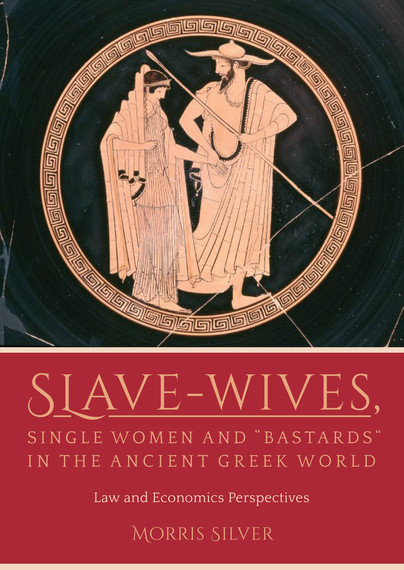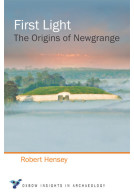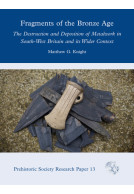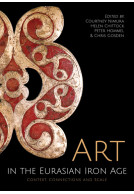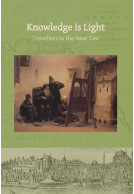Slave-Wives, Single Women and “Bastards” in the Ancient Greek World (Paperback)
Law and Economics Perspectives
Imprint: Oxbow Books
Pages: 224
Illustrations: b/w
ISBN: 9781785708633
Published: 17th January 2018
Script Academic & Professional
Pages: 224
Illustrations: b/w
ISBN: 9781785708633
Published: 17th January 2018
Script Academic & Professional
You'll be £38.00 closer to your next £10.00 credit when you purchase Slave-Wives, Single Women and “Bastards” in the Ancient Greek World. What's this?
+£4.99 UK Delivery or free UK delivery if order is over £40
(click here for international delivery rates)
Order within the next 5 hours, 27 minutes to get your order processed the next working day!
Need a currency converter? Check XE.com for live rates
(click here for international delivery rates)
Order within the next 5 hours, 27 minutes to get your order processed the next working day!
Need a currency converter? Check XE.com for live rates
Greek scholars have produced a vast body of evidence bearing on nuptial practices that has yet to be mined by a professional economist. By standing on their shoulders, the author proposes and tests radically new interpretations of three important status groups in Greek history: the pallakē, the hetaira, and the nothos. It is argued that legitimate marriage – that is ‘marriage by loan of the bride to the groom’ – was not the only form of legal marriage in classical Athens and the ancient Greek world generally. Pallakia, that is, ‘marriage by sale of the bride to the groom’, also was legally recognized. The pallakē-wifeship transaction is a sale into slavery with a restrictive covenant mandating the employment of the sold woman as a wife. In this highly original and challenging new book economist Morris Silver proposes and tests the hypothesis that the likelihood of bride sale rises with increases in the distance between the ancestral residence of the groom and the father’s household. The ‘bastard’ (nothoi) children of pallakai lacked the legal right to inherit from their fathers but were routinely eligible for Athenian citizenship. It is argued that the basic social meaning of hetaira (‘companion’) is not ‘prostitute’/’courtesan’ but ‘single woman’ – that is, a woman legally recognized as being under her own authority (kuria). The defensive adaptation of single women is reflected in Greek myth and social practice by their grouping into ‘packs’, most famously the Daniads and Amazons.
Other titles in Oxbow Books...







